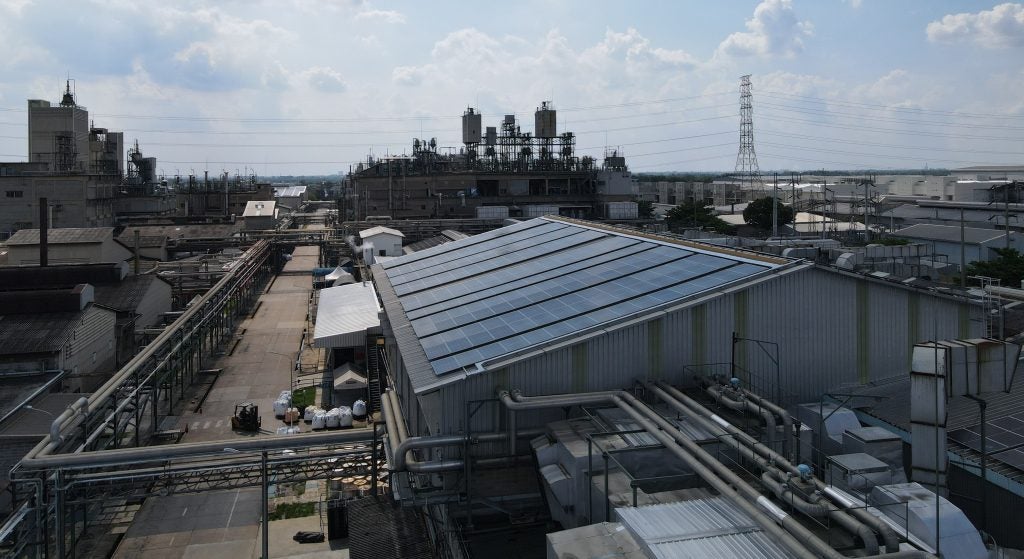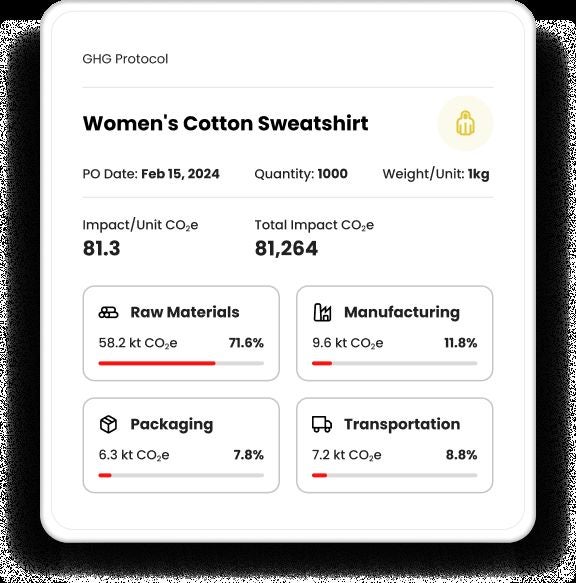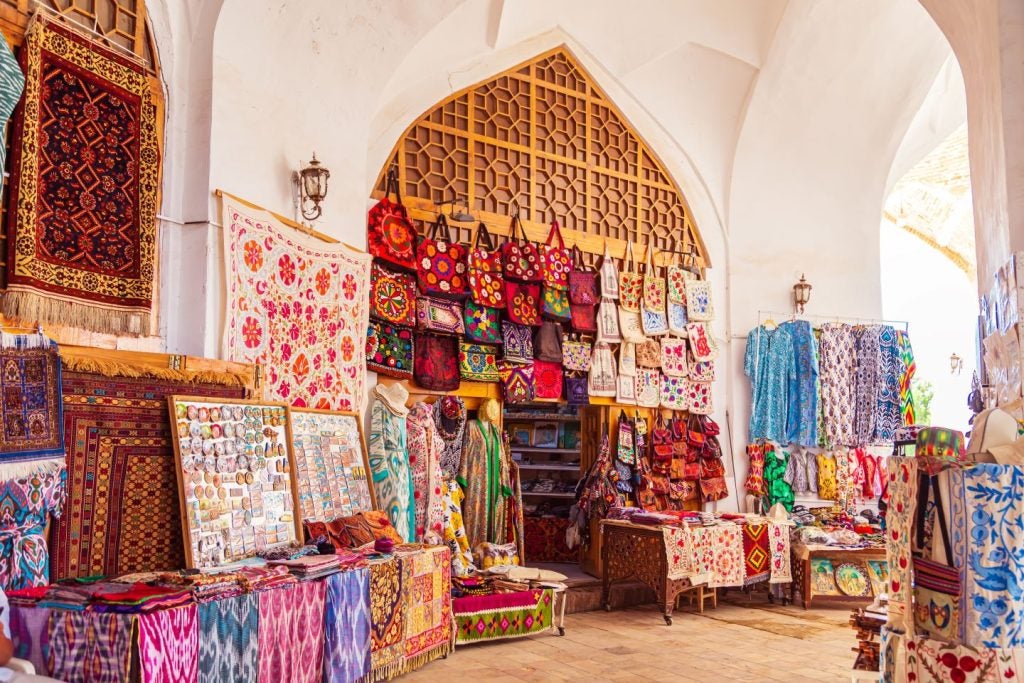Teijin Frontier, the Teijin Group's fibres and products converting company, aims to meet increasing global demand for its conjugate filaments, which provide an attractive alternative to wool fibres.
New equipment will be installed at the existing TPL production facility in Bangkok, boosting its capacity to 700 tons per year in FY2025, with full-scale will production starting in September 2024.
The expanded facility is set to market its products both domestically and internationally, including across the Teijin Frontier Group, offering raw yarns, textiles, and finished goods. It will also serve as a hub for producing new conjugate filaments developed in the future.
Teijin highlighted significant growth in the sales of its conjugate filament materials, such as Trixion, which offers a natural worsted wool-like appearance and desirable functional properties such as stretchability. The company said these materials are primarily used in fashion apparel and uniforms.
To address this growing demand, Teijin shared that TPL has been operating at near-full capacity and has implemented efficiency measures such as strategic personnel reallocation and productivity improvements. However, anticipating further demand increases, TPL decided to expand production capacity.
Teijin also shared details on how conjugate filaments are produced by simultaneously spinning two different polymers from a divided spinneret, resulting in a single fibre. These fibres can have structures such as side-by-side or core-sheath configurations.
In 2023, Teijin Frontier developed a new material called Microft MX for sports and outdoor wear that is made from a combination of polyester and nylon filaments.
The company explained the fabric exhibits the “abrasion resistance and colour development capabilities of nylon, and the water absorption, quick-drying properties and shape stability of polyester.”
Teijin shared it had plans to introduce Microft MX fabric in its upcoming 2025 spring and summer outdoor clothing and sportswear collections.















